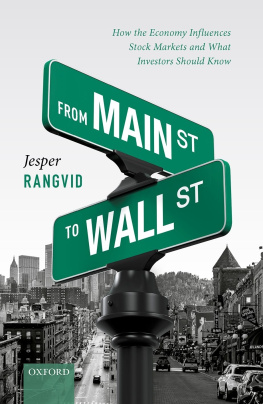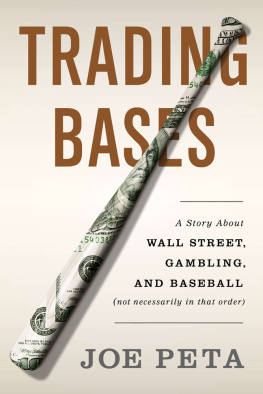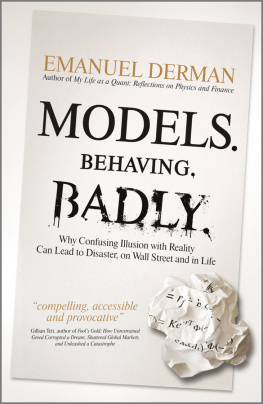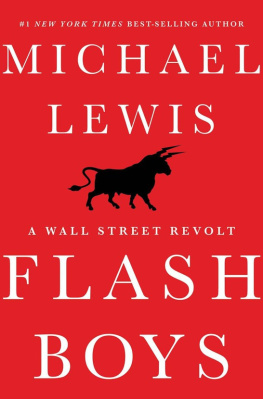Daniel Beunza - Taking the Floor: Models, Morals, and Management in a Wall Street Trading Room
Here you can read online Daniel Beunza - Taking the Floor: Models, Morals, and Management in a Wall Street Trading Room full text of the book (entire story) in english for free. Download pdf and epub, get meaning, cover and reviews about this ebook. year: 2021, publisher: Princeton University Press, genre: Romance novel. Description of the work, (preface) as well as reviews are available. Best literature library LitArk.com created for fans of good reading and offers a wide selection of genres:
Romance novel
Science fiction
Adventure
Detective
Science
History
Home and family
Prose
Art
Politics
Computer
Non-fiction
Religion
Business
Children
Humor
Choose a favorite category and find really read worthwhile books. Enjoy immersion in the world of imagination, feel the emotions of the characters or learn something new for yourself, make an fascinating discovery.

- Book:Taking the Floor: Models, Morals, and Management in a Wall Street Trading Room
- Author:
- Publisher:Princeton University Press
- Genre:
- Year:2021
- Rating:4 / 5
- Favourites:Add to favourites
- Your mark:
Taking the Floor: Models, Morals, and Management in a Wall Street Trading Room: summary, description and annotation
We offer to read an annotation, description, summary or preface (depends on what the author of the book "Taking the Floor: Models, Morals, and Management in a Wall Street Trading Room" wrote himself). If you haven't found the necessary information about the book — write in the comments, we will try to find it.
An insidelook at a Wall Street trading room and what this reveals about todays financial system
Debates about financial reform have led to the recognition that a healthy financial system doesnt depend solely on how it is structuredorganizational culture matters as well. Based on extensive research in a Wall Street derivatives-trading room, Taking the Floor considers how the culture of financial organizations might change in order for them to remain healthy, even in times of crises. In particular, Daniel Beunza explores how the extensive use of financial models and trading technologies over the recent decades has exerted a far-ranging and troubling influence on Wall Street. How have models reshaped financial markets? How have models altered moral behavior in organizations?
Beunza takes readers behind the scenes in a bank unit that, within its firm, is widely perceived to be a class act, and he considers how this trading room unit might serve as a blueprint solution for the ills of Wall Streets unsustainable culture. Beunza demonstrates that the integration of traders across desks reduces the danger of blind spots created by models. Warning against the risk of moral disengagement posed by the use of models, he also contends that such disengagement could be avoided by instituting moral norms and social relations.
Providing a unique perspective on a complex subject, Taking the Floor profiles what an effective, responsible trading room can and should look like.
Daniel Beunza: author's other books
Who wrote Taking the Floor: Models, Morals, and Management in a Wall Street Trading Room? Find out the surname, the name of the author of the book and a list of all author's works by series.







